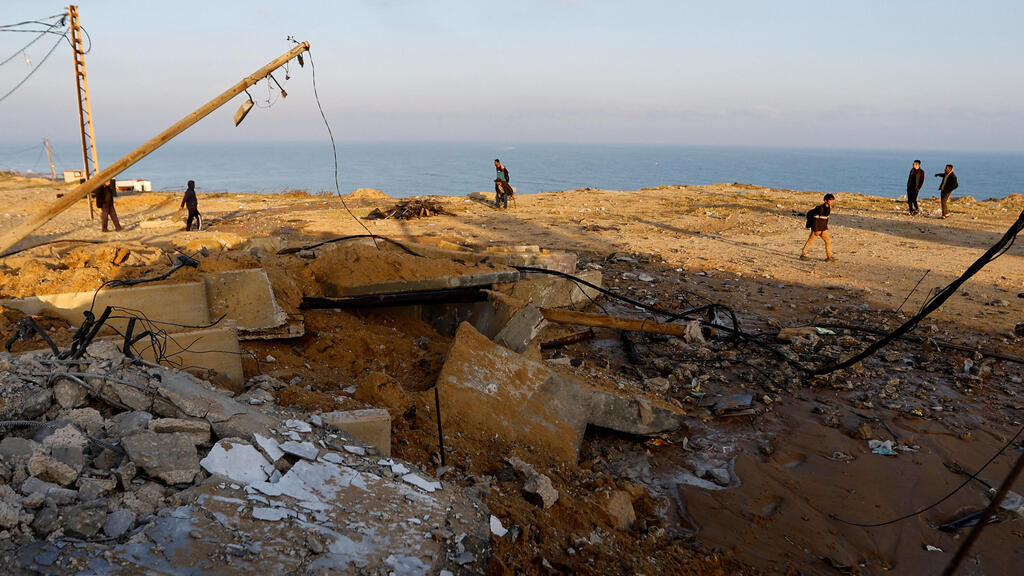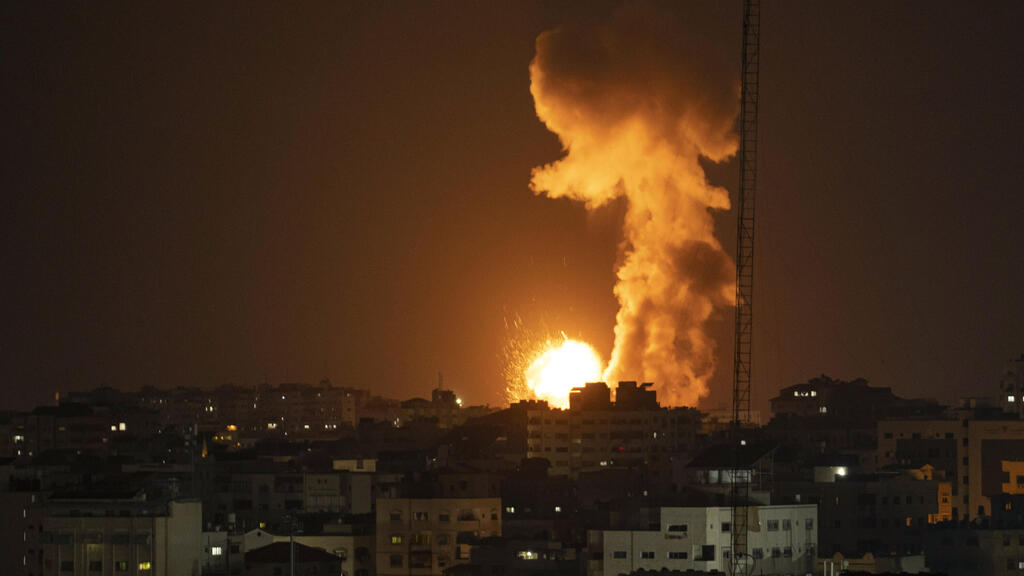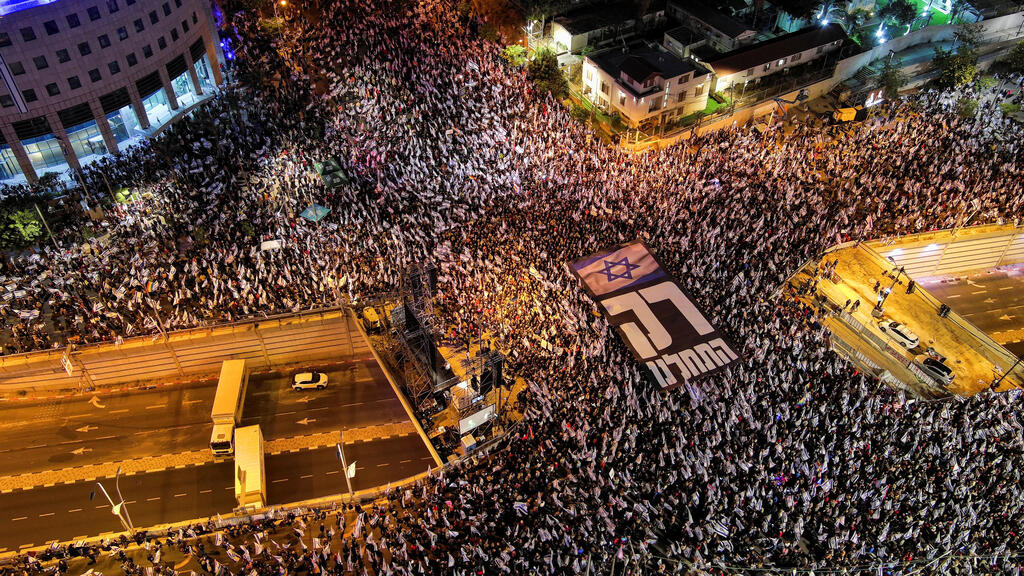Getting your Trinity Audio player ready...
Rocket fire from Gaza
Israel and the Gaza factions had an interest to end the latest cycle of cross-border violence, so a ceasefire was achieved overnight, mediated by Egypt and the UN envoy to the region.
Other stories:
Absurdly, Israel did not announce the agreement to halt fire because it refuses to admit it negotiates, even indirectly, with terror groups and the success of the agreed deal is still in the hands of splinter groups in the Strip who are not entirely under the control of Hamas or the Islamic Jihad.
Rockets launched after the ceasefire was announced were in line with the practice of Palestinians to have the last word, one that cost Hamas and the PIJ more damage in Israeli strikes.
Hamas did not launch its own rockets and allowed the PIJ to fire over 100, in response to the death of its senior member on Tuesday.
But it launched tiny rockets at Israeli aircraft knowing they had little chance of hitting their target but would cause the Iron Dome missile defense system to pick them up and set off sirens, sending residents to shelters. That was a win for Hamas, at little cost.
The terror group seeks to continue to enjoy the income from Gazans working in Israel and funds from Qatar while appearing to its people as an active partner in the Palestinian resistance.
But why did Israel not respond more forcefully to over 100 rockets and why is the all-right-wing government doing nothing to restore deterrence along the border?
One possible explanation is that the current focus of the military is on the West Bank and the possible violence that could erupt in the wake of Khader Adnan - an Islamic Jihad prisoner - who died in jail. Sooner or later the forces will have to launch a major operation in Jenin and Nablus, to dissuade at least temporarily, terror groups from action there.
Another explanation is that Israel opted to end the latest cycle fearing the lack of international backing for an Israeli offensive after a prisoner died while in its custody.
The U.S. has been indicating to Jerusalem that it hopes for calm on the Palestinian front, especially in the West Bank and a major Israeli operation in Gaza or even a significant bombing campaign there would help Palestinians drag Israel to the UN Security Council for condemnations supported by Russia, China and perhaps even the U.S.
Israel would also be required to call up reserve units and keep residents in the south in shelters, while the recent rockets caused little damage to the home front.
Another consideration must be given to the fracture in Israeli society brought on by the Government's push for legislating a judicial overhaul. It would like to avoid putting the public to the test in a military confrontation that could be on multiple fronts.
IF Netanyahu was to order an extensive military offensive, he would be accused of attempting to silence public opposition to him that has brought hundreds of thousands of Israelis to weekly demonstrations for over 17 weeks and might even cause reservists to refuse to show up when called.
There is no doubt that the internal political rift causes an appearance of weakness that may invite enemies to attack. It also weakens the prime minister and other decision-makers who must take public support into account. A united home front is vital in any conflict.
Israel's only substantive gain this time round is that it did not succumb to demands by PIJ prisoner Adnan, to be released due to his hunger strike and may not be coerced by others in the future.







